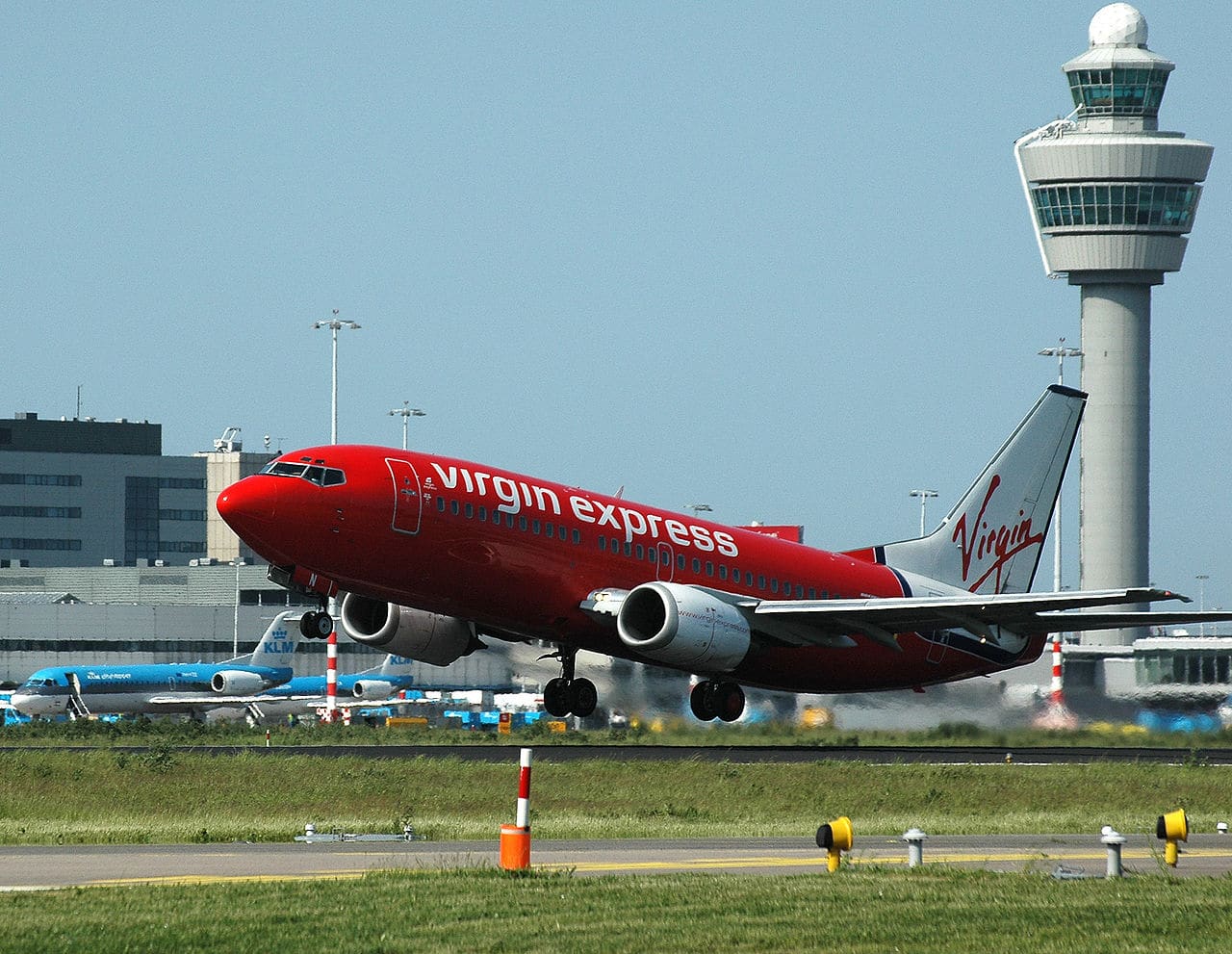
If you have to fly regularly, surely you have ever wondered if, with the coronavirus, is it safe to travel by plane? This question is also one of the most frequently raised today due to the the summer holidays, when millions of people plan a trip to enjoy a well-deserved rest after these months of so much stress, here is an article with general tips to help you prepare your trips in this troubled time.
In response, we will tell you yes, with the coronavirus it is safe to travel by plane. However, since the claims must be proven, we are going to explain the reasons why you can fly with relative ease. And we say relative because virology is not an exact science. No one can guarantee that you are totally free from contagion. It is rather that, according to experts, traveling by plane, you have minimal chances of infecting you.
Coronavirus: traveling by plane is safe
Although much is already known about this new disease, there are still things to discover about it. Without going any further, we still do not even know what its origin was. For all this, the best thing is that we let the experts talk about the question of whether with the coronavirus, it is safe to travel by plane.
Indeed, there have been many specialized centers that have been in charge of studying the matter. However, due to its enormous prestige, we are going to explain the opinion of the researchers of the Atlantic Public Health Initiative, an organism of the Biomedical Engineering faculty at Harvard University dedicated to studying, precisely, the health risks of air travel.
These have given the reason to the airlines, which have long defended the safety of traveling by plane in these times. According to Harvard experts, the probability of catching the disease in an aircraft are "Almost nonexistent".
To reach this conclusion, they worked with the world's leading aviation companies, but also with the busiest airports and, of course, with volunteers who volunteered to travel. All this in order to offer a comprehensive vision of the dangers of flying.
One of the co-directors of the Harvard body, Leonard marcus, has said that the risks of viral transmission in an airplane are very reduced by the characteristics of the flight deck, the ventilation and air circulation systems and the use of masks. To explain it better, we need to talk to you about how it circulates in the air in airplanes.
How the air circulates in the cabin of an airplane
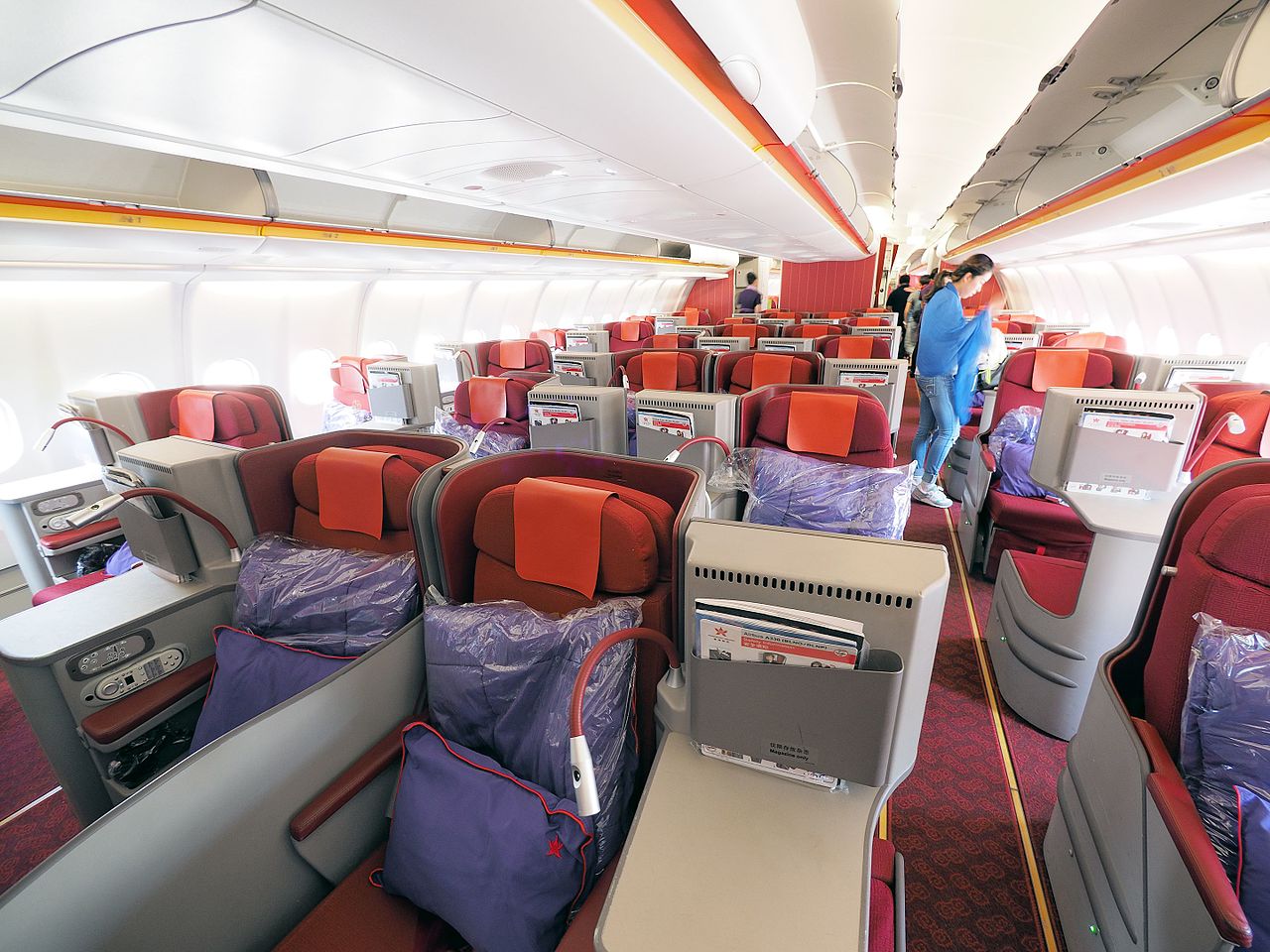
Cockpit of an airplane
Experts have rigorously studied the airflow system inside aircraft. And his conclusion has been that there is less probability that we are exposed to Covid-19 in them than "in other places such as supermarkets or restaurants."
Aircraft cabins have a special design that always keeps the air clean. In fact, inside it is renewed every two or three minutes, which means that it does so about twenty times an hour. Expels the air that the passengers expel and replaces it with the fresh one that comes from outside and also with another already purified.
To do this, it uses different elements. The most important is the path followed by the air entering the cabin. It does it from above and is distributed in the form of vertical sheets in each row of seats. In this way and next to the seats themselves, it creates a protective barrier between the rows and the passengers. Finally, the air leaves the cabin through the ground. One part is expelled to the outside, while another goes to a purification system.
This system has HEPA filters (Hight Efficiency Particulate Arresting), the same ones used in hospital operating rooms, which are capable of retaining 99,97% of contaminating biological particles like viruses and bacteria.
Once purified, this air is combined 50% with other air from the outside that, in turn, has been pressurized, heated and also filtered. Finally, everything is back in the passenger cabin. But the precautions taken with the air inside the aircraft do not end there. Own seating arrangement, which are all positioned in the same orientation, limits face-to-face interaction between passengers during the flight.
In short, the combination of this air purification system, the use of masks and the disinfection regulations implemented by the airlines allows reducing the distance between travelers. According to the Airbus company, in this way, only 30 centimeters of separation between them is equivalent to two meters in other closed places. But airlines still take other measures to preserve the safety of their passengers.
Other preventive measures on airplanes against Covid-19
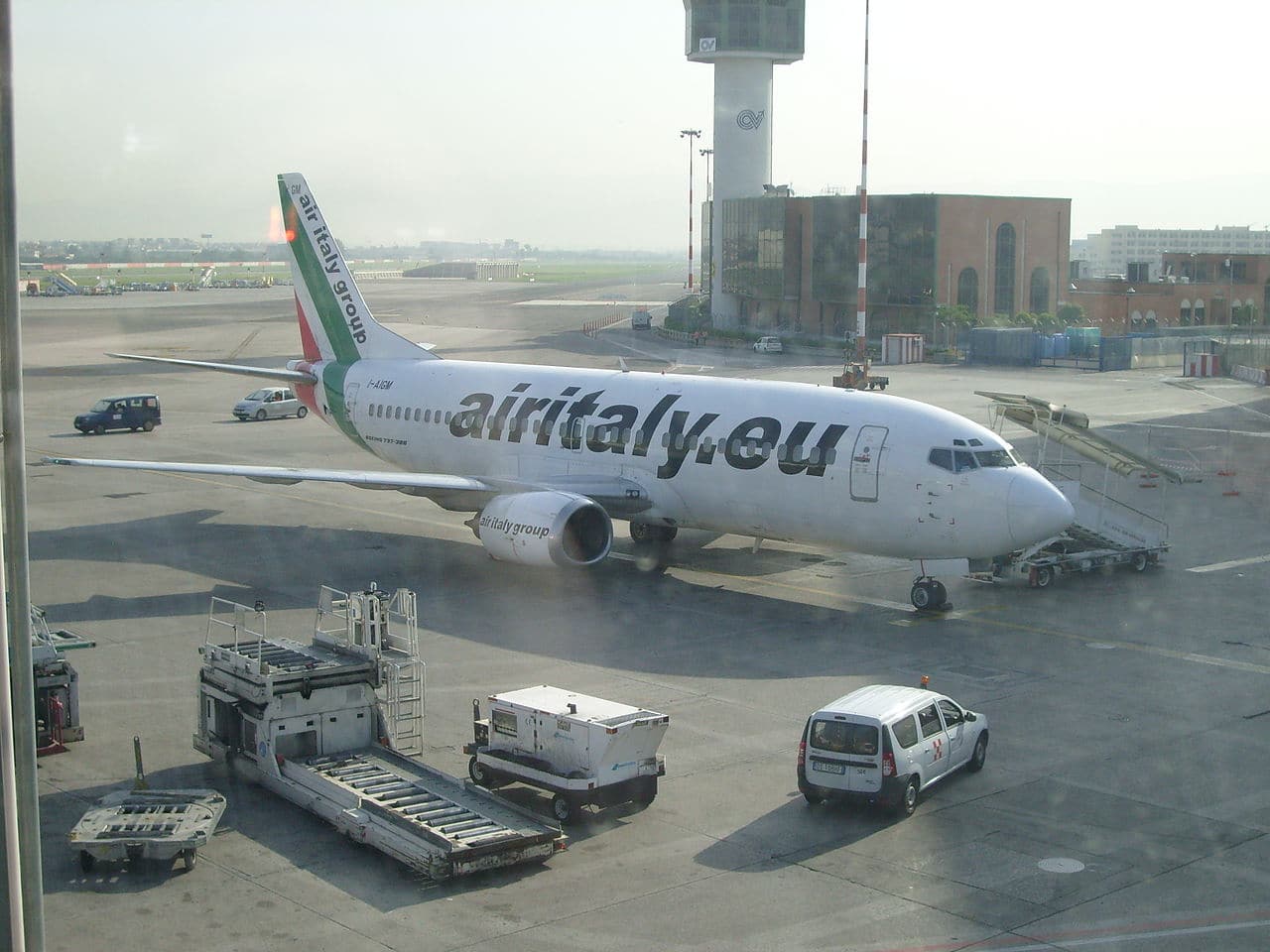
Airplane in an airport
Indeed, airlines involve all their personnel and facilities in the prevention of coronavirus infections. They have adopted all the guidelines set by the European Aviation Safety Agency and they have followed the recommendations of the health authorities of each country to fly to those destinations. They have also trained their employees, both on the ground and in the air, in the hygiene protocols recommended by the World Health Organization.
Likewise, airlines have reinforced the cleaning and disinfection of their aircraft, as have the companies responsible for airports. And it has also created new protocols aimed at protecting the traveler from the moment they take the plane until they leave the airfield.
And this leads us to talk to you about another important question regarding the coronavirus and the safety of traveling by plane. It's about what we can do to avoid getting infected when we fly.
Tips to prevent the spread of coronavirus when we fly
To explain the steps you can take to avoid getting Covid-19, we have to differentiate our behavior at the airport and the one we must follow once in the aircraft. Both in one place and in another we have to put into practice a series of strategies.
In the airport
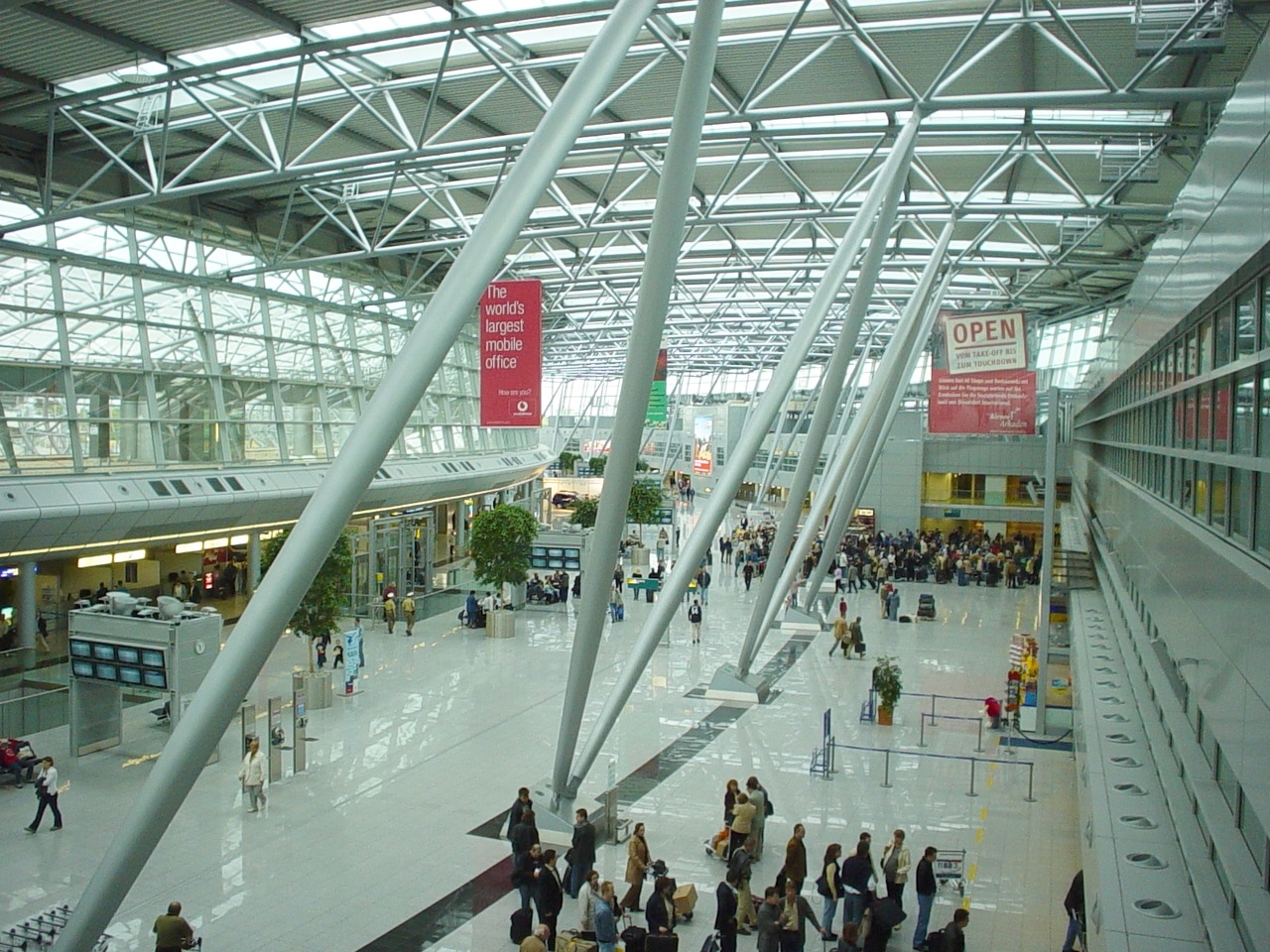
Düsseldorf airport
The health authorities themselves have recommended following several guidelines aimed at reducing infections at airfields from the moment we enter them until we take the plane. In addition to wearing the mask at all times, it is important that in the queues we keep a distance of two meters with other people.
In the same way, when you deliver your ticket, you will find that the airlines have installed scanners so that you do not have to hand it to ground personnel. They wear gloves, but contact between their hands could be dangerous. In general, airlines they have simplified the documentary procedures as a precaution against the coronavirus.
The health authorities also advise that we put our personal belongings (wallet, mobile phone, watch, etc.) in hand luggage. This way we will avoid putting them on the plastic tray, as we did before.
Finally, they also recommend carrying hydroalcoholic gel For hands. But, in this case and due to security measures against terrorism, they must be small bottles, about 350 milliliters, just like when we carry colognes or other products. Regarding hand hygiene, it is convenient that you wash them before and after passing the control.
On the plane
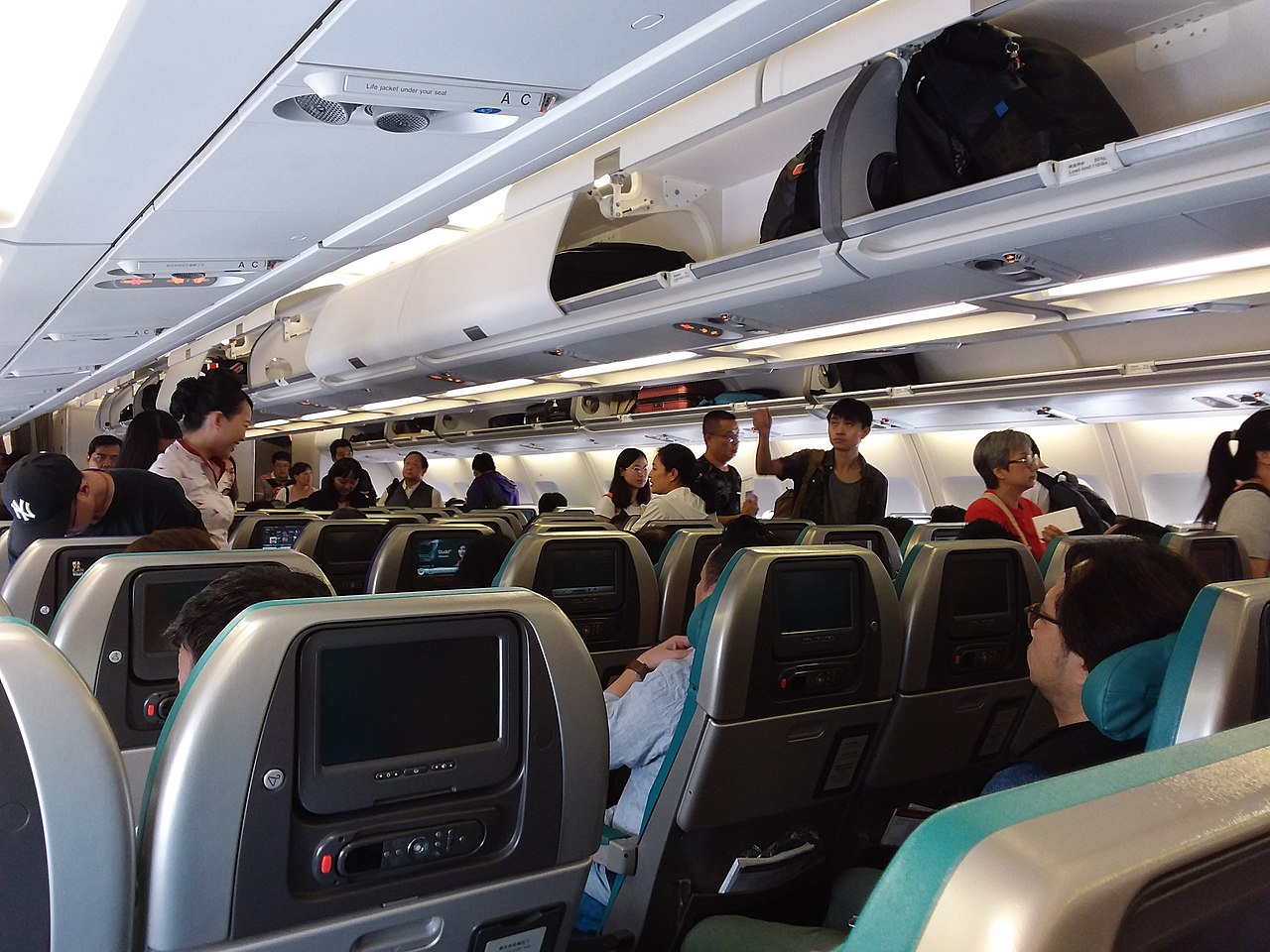
Passengers in the cabin of an airplane
Likewise, once inside the plane, we can take some precautions to avoid the spread of the virus. The most important is keep the mask on at all times. But it is also advisable do not eat or drink what the hostesses offer us.
In fact, until very recently it was the airlines themselves that did not give food or drink as a precaution. In this sense, it is important that you carry plenty of water or soft drinks from home, especially if you are going to do a long flight.
Regarding food and drink, it is also advisable that you take it in a transparent bag. This is not related to the flight, but to the control of the airport. If you carry them in your hand luggage, you will have to remove them so that security can see what it is about. On the other hand, with a transparent container, you will avoid this procedure.
On the other hand, before traveling by plane or any other means of transport, you have to make sure of the requirements related to Covid-19 that they will ask you at the destination you are going to. Otherwise, you may find that you are not allowed to enter the country without proof or that you have to do a quarantine. It is important that you check the information on country requirements for coronavirus.
In conclusion, regarding the question of if with the coronavirus it is safe to travel by plane, the experts agree in answering affirmatively. According to them, aircraft are safe spaces for us both because of their own makeup and because of the air purification systems they incorporate. The latter have HEPA filters that are capable of retaining 99,97% of viruses and bacteria. In fact, according to a study commissioned by the IATA (International Air Transport Association), since the beginning of 2020, only 44 cases of Covid-19 have been linked to air travel. That is to say, a minimum figure if we compare it with other places of risk.